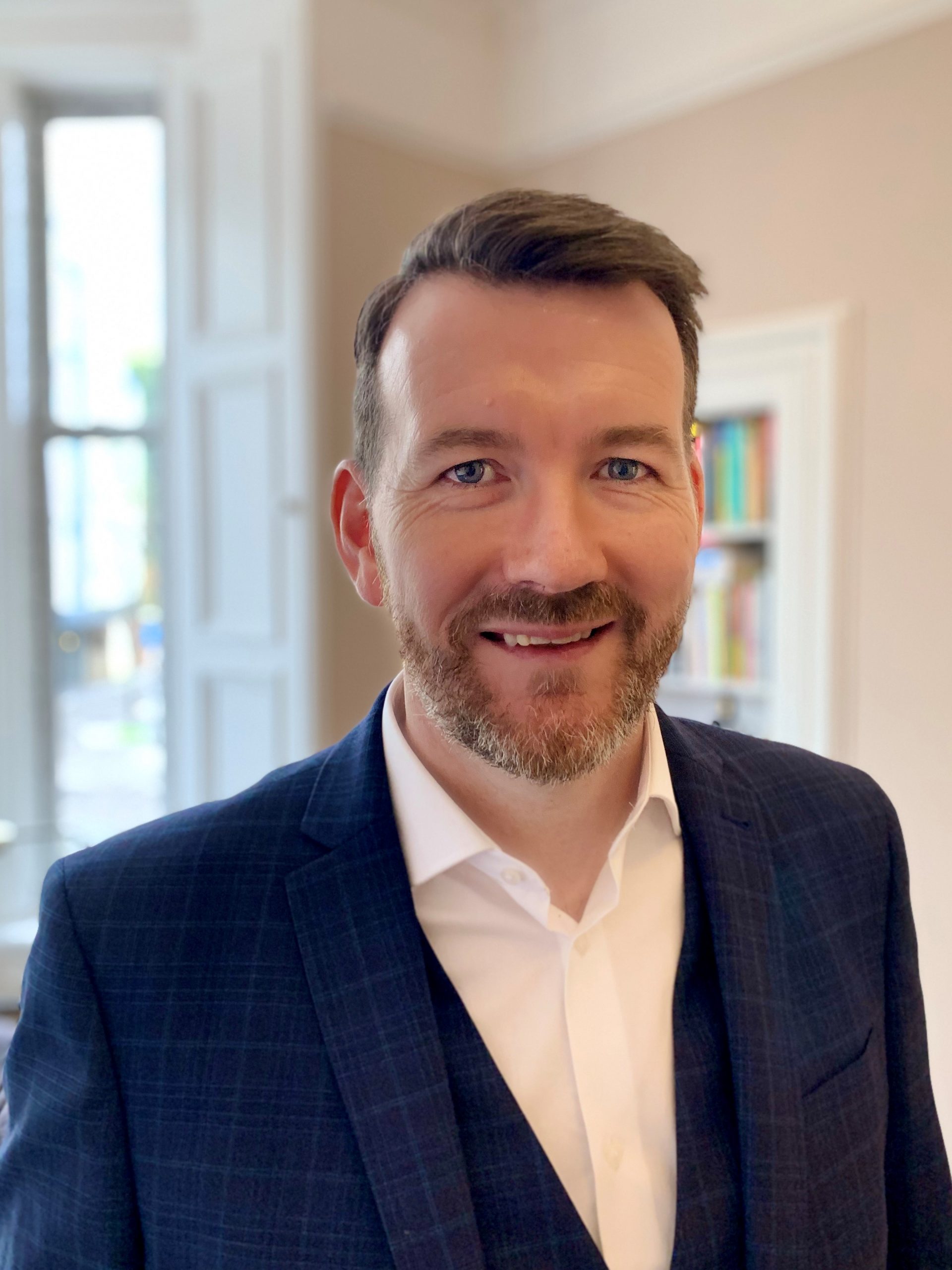From Maya Angelou to Leonard Cohen, poets all know that life means change but that doesn't make it easy
On one level we’re hardwired to resist change. Our brain interprets change as a threat and releases the hormones for fear, fight, or flight. Our body is built to protect us from change. On another level, we make thousands of subtle changes every day without even thinking about it.
How we think about change has a massive impact on how effective it is for us.
I’ve been in the voluntary sector for 23 years. Our sector is dynamic, demanding, and unpredictable. We are tackling some of the most complex problems in society without long term or sustainable funding. We face constantly changing priorities, demands and disruption that seem to be accelerating year by year. So how do we navigate this pace of change?
May Angelou offered us a great start when she said: “If you don’t like something change it. If you can’t change it. Change your attitude”
Most conventional wisdom in management theory is routed in industrial age thinking where we can solve straight-forward technical problems by “managing change” to deliver measurable improvements. While this may have worked in the industrial age, such approaches fail to account for the dynamic, human-centred nature of our sector (and most workplaces these days) and the fact that we (human beings) very rarely respond to changes like machines that can be managed or controlled.
So how do we channel our inner Maya Angelou and change our attitude at this time when our work is Never More Needed?
Firstly, we need to rethink our idea of what change is. Change is ever-present in our lives. We make thousands of changes every day as we navigate life. Rethinking change as a continuous process of doing, learning, and pivoting rather than a fixed process with a beginning, middle, and end can help us find ways to thrive. This subtle reframing moves change from being a big scary single thing that will require lots of our scarce human resources (energy, time, emotions, giving up control) and turns it into lots of baby steps that we can easily achieve.
Here are three top tips to start this quiet change revolution your organisation today.
1. Don’t let perfect get in the way of good. Leonard Cohen wisely sang, “Ring the bells that still can ring, forget your perfect offering. There is a crack, a crack in everything, that’s how the light gets in.” Don’t wait to construct a perfect change process, start today. Do, learn, pivot. Go with it. Embrace the gifts of imperfection!
2. Let go of control. Do what you can to create psychologically safe spaces where your people can create and be guided by shared vision, values and actions. Today’s best leaders create committed people not compliant people. This is achieved by inviting input from your team into the challenges and letting them self-organise the response (feels scary right).
3. Create coaching cultures. Creating a coaching culture in your workplace can help create psychological safety, cultivate confidence and trust, build strong relationships, and foster the realisation that the answers to challenges can lie within. Change becomes a co-constructed, shared-sense-making process and builds the muscles for both your people and your organisation to navigate ongoing disruption.
At BeMoreHuman weobsess over evidence-backed innovations in human behaviour, social and positive psychology, person-centred regenerative leadership and education. We figure out how these ideas can advance your aims and purpose and make it easy for you to put these ideas into practice, online and in person.
Is your organisation ready for the changes ahead? Join a webinar with Ally Hunter and others to discuss how to Embrace Change through Challenging Times on 26 November at 12.30pm.







